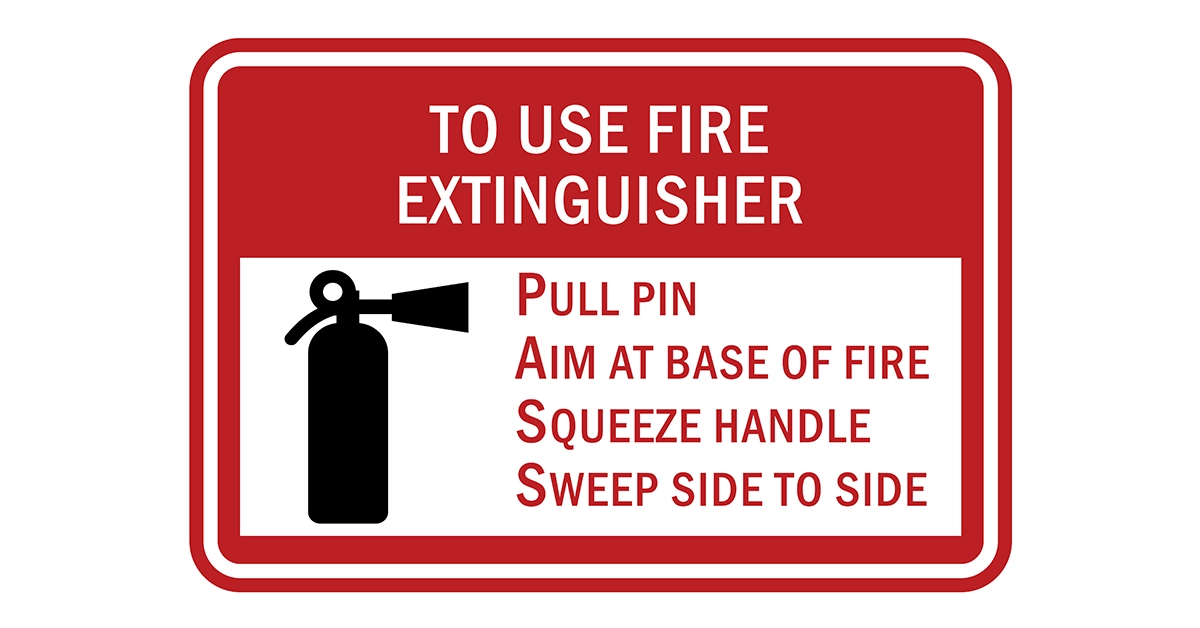Electrical Safety

Most electrical fires in homes could have been prevented by following electrical safety rules and by hiring a qualified electrician to perform the work. It is important to protect your home from electrical fire by performing routine maintenance on electrical appliances, properly installing wires, and making sure circuits are not overloaded.
Safety Tips
- Repair or replace damaged electrical cords. Look for signs of wear, such as fraying.
- Do not run extension cords underneath carpeting or through doorways.
- Before plugging in electrical appliances read the manufacturers guidelines and be sure to follow them.
- If outlets or switches feel warm, cause lights to flicker, or begin to trip circuits, call a qualified electrician before operating them again.
- It is best to plug only one heat-producing appliance into an outlet at a time.
- Do not use extension cords for large appliances.
- Do not plug a surge protector into another surge protector.
- Do not place flammable objects, such as paper or drapes, over a lamp or light fixture. The heat from the bulb when lit could start a fire.
- Consult with a qualified electrician to make sure your home has adequate outlets for your needs to ensure your home has ground fault circuit interrupters (GFCIs) in the bathrooms, laundry area, basement, and outdoor areas.
Prepare Your Family for What To Do if There is an Electrical Fire
- Call 9-1-1 immediately.
- Evacuate the house.
- Only use a Class C fire extinguisher. Never use water for an electrical fire because water conducts electricity and can cause electrical shocks.